No one embodies the Olympic spirit more than women's ice hockey player Caitlin Cahow. In fact, you'd think the brainy, 28-year-old former hockey player and law school student would be completely tough and intimidating, but really, if you can talk to Cahow for even 10 minutes, you're just going to want to hang out with her on a bus from Boston to Toronto (which is where she was, when she spoke to us last week). She will be completely cool with geeking out with you about the Olympics, whether she's dropping some historical knowledge (Jesse Owens in '36) or talking about meeting her Olympic idol.
Cahow's played for the Harvard women's team and suited up top play for the U.S. Olympic team, both in 2006 and 2010. But her Olympic aspirations have reached brand new heights as she's one of the openly gay former Olympians that the United States is sending as a delegate (the others being Brian Boitano and Billie Jean King). Cahow will represent Team U.S.A. during the closing ceremonies in Sochi, Russia. And while she's headed to one of the least welcoming countries on the planet for LGBT people right now, an optimistic Cahow says she's hopeful that the Olympics can help shed a light on the lives LGBT Russians, even after the games are over.
SheWired: What were you doing when you got the call that you would be in the U.S. delegation for the Sochi Olympics?
Caitlin Cahow: I was studying for my final exams. I'm still in law school, and I was in the middle of my fall exams. I was actually studying for my constitutional law exam, which ended up being almost entirely on the Windsor case, so it was this crazy event that you wouldn't believe it if you saw it in a movie, but it was my life.
You've played on the U.S. National team, and competed in Olympics — what is it like to represent your country in the Olympics?
I grew up in a family that has had military in its history, and I've always been very proud to be an American. I remember being a kid and saluting the American flag on the Fourth of July, and so, to me, the opportunity to wear red, white, and blue, and compete on the Olympic stage — the most important stage for any athlete — is terrifying, it's humbling, it's everything all at once. And you try to take it all in, but at the end of the day, nobody's free from the emotional response of it all. It is overwhelming. There's no control of it. It's wonderful, and it's something you never forget.
I vaguely know what you mean. I kind of get that way just watching the Olympics.
I do too. I'm that way, too. I grew up loving the Olympics — summer or winter. My dream was always to become a women's sprinter, actually, even though I'm like, 5'4". I was never going to be that fast. I was pretty fast, but not that fast. Actually, I got to meet Jackie Joyner-Kersey at the Golden Globes [in January, through an event with United in Sports and Entertainment], and she must have thought I was crazy. I was growing up right during the Atlanta Olympics, and we all have our Olympic heroes, and she was mine during that time in my life. So when I got to meet her I was speechless! I think she thought I was odd. I just looked at her with such reverence. She was the fastest woman in the world for a while! There's just something about the profound effect that an Olympian can have on a country, or the world, and especially on the kids who aspire to be achieve great things.
Oh my god, Jackie Joyner-Kersey? What did you say to her?
I felt so ridiculous because the first thing I said to her was "Oh my gosh, how did you keep your nails so long while you were running?" And I'm sure she's been asked that eight million times, but she just laughed, and she gave me this really charming response, and she was just so down to earth. It's so funny — even though I've been to the Olympics, when I meet other Olympians, I'm always a little awestruck because I admire them so much. But then after a while, I realize they're just like everybody else. They have to do their own laundry, and get their own groceries. It's the everyman type of thing that makes Olympians so great -- they really are just normal people who aren't necessarily in the limelight like an NBA player. They're very different athletes.
As you know through your involvement with the Principle 6 campaign, the IOC has not exactly been very flexible about reprimanding Russia's laws or the country's continuing violence, or even allowing athletes to display signs of solidarity with LGBT people. What do you think will have to happen to make that sort of change?
I know there are discussions within the IOC about adding sexual orientation to Principle 6, and I think that's important, especially right now with the perception of the IOC. Now, I don't represent the IOC, but looking at Principle 6, sexual orientation should apply already. However, I think we all know that adding "sexual orientation" to it, and putting it in writing, always helps. But as of right now, Principle 6 could be read to protect LGBT Olympians against discrimination. So I think the materials are there, everyone's heart is in the right place, it's just about implementing it, and moving with the times. I don't think the IOC anticipated this controversy when they decided on Russia. They picked the site in 2007, so the IOC is definitely getting a lot of heat, but it's also not their policy to get involved in the laws of the host nation. You can look back in history. Look at Berlin in 1936 -- that's a prime example. Jesse Owen competed in that Olympics, and it certainly wasn't a friendly environment for a number of minorities. So while I understand the outrage and the frustration with the IOC, this is not something new that's just cropping up in Sochi. I think the IOC is working hard to troubleshoot the problem, and try to improve upon their organization moving forward.
Caitlin Cahow (left) with Lizzy Caplan at the Golden Globes
A lot of people had called for a boycott of the Sochi games because of the LGBT propaganda law, as well as Russia's general poor record in human rights laws. From your perspective as an athlete, what would you say to those who think the United States should have boycotted the games?
I'll give you the selfish reason first: I'm an athlete. I'm one of those people who train my entire life, and tirelessly work every day to represent my country on the world stage. I've never been prouder than when I got to wear my nation's colors, in the Olympic games. It's the pinnacle of any athlete's career. The athletes do it to represent us — as much as they want to achieve these things for themselves, there's something different about being an Olympian and winning for your country. I want all athletes to have that experience, and validation, and opportunity that I had, because was a life-changing experience for me. I'm a better person for having been an Olympian. I'm a more constructive member of society because of it.
From the opposite side of the coin, I look at the discourse that's happening now, revolving around the Olympics being in Russia, and the conversation around LGBT rights, about various other human rights issues around the world would not be happening if the Olympics had not been in Sochi. If it had gone to Salzburg, which was one of the three finalists for the Olympic games, we wouldn't be talking about these gross human rights violations against the LGBT community and around the world — because it's not just in Russia, it's a global issue that we need to confront. And right now the discourse is high, it's elevated, and it's drawing in voices from around the world who might not normally engaged in this sort of discourse with each other, so I'm glad the world is opening up its mind and hearts to this discussion. At the same time, I think the athletes should be athletes, and they should experience what it's like to be an Olympian. They shouldn't have to be advocates or spokesmen. They're doing their jobs, and I think it's the job of statesmen, and politicians, and advocates to push for better treatment of human rights. I slowly expect there will be changes following these discussions around Russia.
It is pretty remarkable that people who would have otherwise not been on the radar to talk about gay rights are now being asked to do so.
On a certain level — OK, you love the Olympics. I can tell by talking to you.
Totally.
And I love the Olympics, obviously. Everyone I know loves the Olympics. And part of it is because we're inspired because it's really the pinnacle of human achievements. There really is a purity about it that doesn't exist in other sporting events. You can call me naive, all you want, but there really is a purity to it. And the theory of it was to bring the world together, in the spirit of fair play, and sportsmanship, and competition without violence that brings out the best in each of us, for the greater good of humanity. I really believe that the Olympics can do that. I'm a believer. It's that optimism, that hope, and that inspiration that I want the world to look at Sochi. If it means they hold up the mirror to their own faces and say, "I can do better," and "my country can be better," and "this world can be better," then we're doing the right thing.
Are you personally worried about the climate in Russia?
No. I trust in the commitment that's been made by the IOC and the Russian government and the United States. I trust in those bodies that they will defend, and support and protect all of the athletes and spectators at the Olympic games, and make it a safe place, for those two weeks. And I think generally I'm an optimistic person and I have faith in people that spirit will extend to everyone, and that there will be peace, and inspiration, and excitement, and joy for two great weeks, and I hope that goes over as far into the future as possible.
We've been doing our own tally of LGBT athletes headed to the Olympics, and as far as we can tell, there are presently no American LGBT athletes going to the Olympics who are openly gay, and only a handful internationally who are. Do you think there's a reason for that? Is that something you suspect might change as the games go on?
I think there's a really interesting phenomenon in public figures. It's like the new closet. You're open to your loved ones, and you're fine with who you are, but you won't be open to the general public, so I think there are American athletes who are going, who are members of the LGBT community, who are open. But they won't speak openly, maybe because they're worried about perceptions in the media, or perceptions in the public eye. And that's the next hurdle for us, because it's so vital that we can feel like we are who we are. So the next hurdle is making it OK to say that publicly, and we're not there yet. So I'm hoping that by being out about who I am, and supporting other LGBT athletes and allies, that I'm encouraging others to be open and honest, and to share the gift of being open and honest with the world.
Do you think we'll see a women's hockey league here in the U.S., like the Canadian league?
I know that there are some who are trying to get that in the works, but it looks like Canadian women's hockey's goal is to expand into the U.S. right now. We're working on adding a couple of new teams, to make it a lot like the NHL, which is the U.S. and Canada. So that's the goal, because the best players are in the U.S. and Canada. I think it will do wonders for the sport, and expose a lot of people to women's hockey, who may have not seen it before. That's my chief goal. It's such a beautiful, challenging game, and a wonderful game for young women to play, because it's so demanding and it's cerebral in many ways.











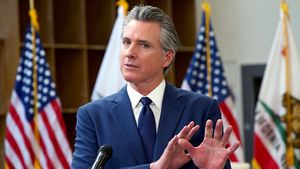




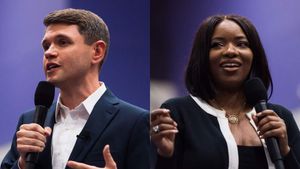
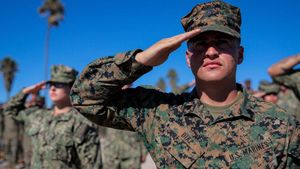


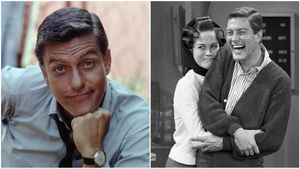

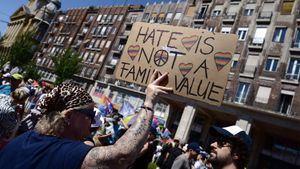






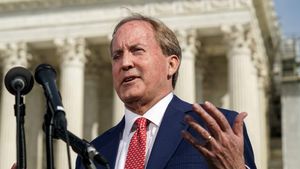





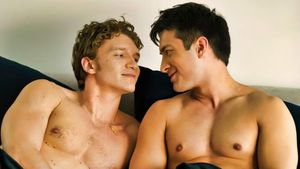

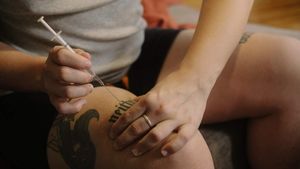








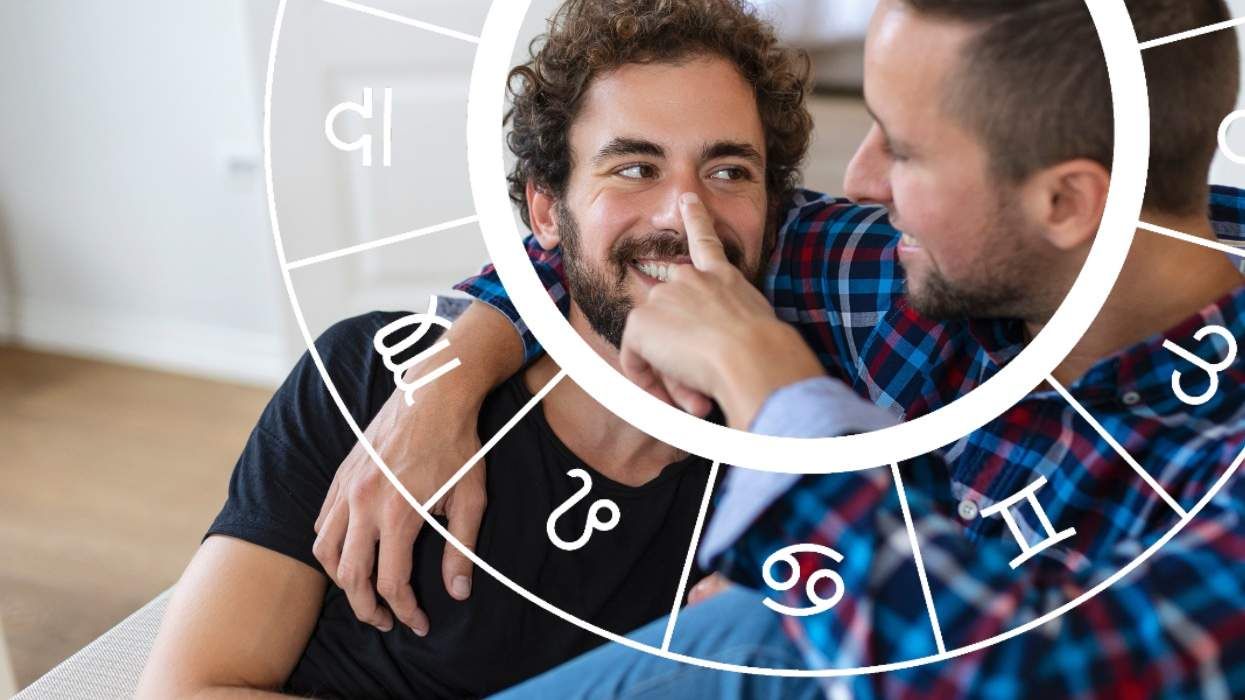

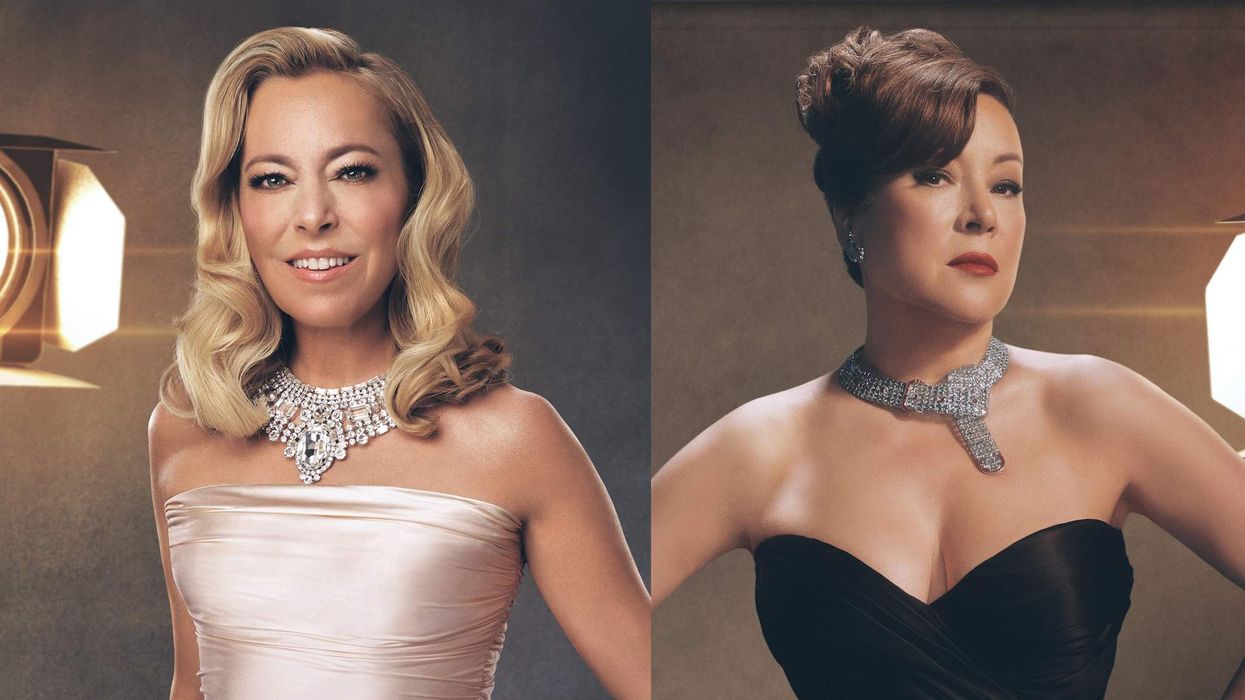
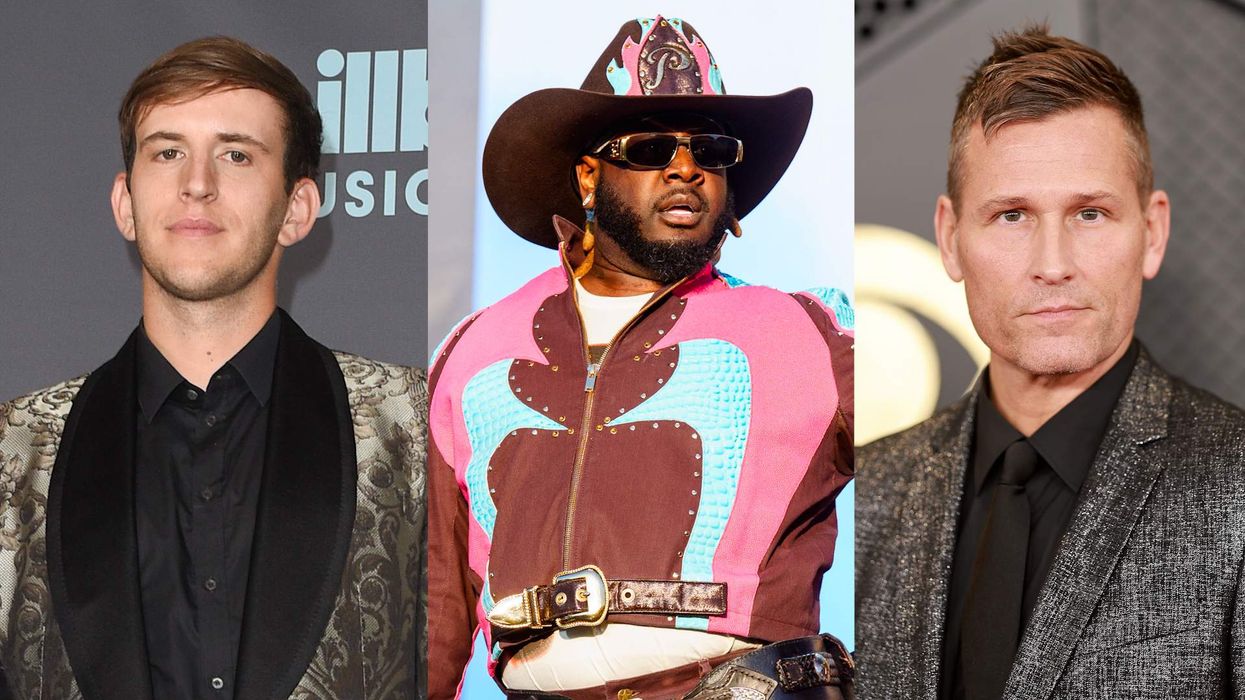
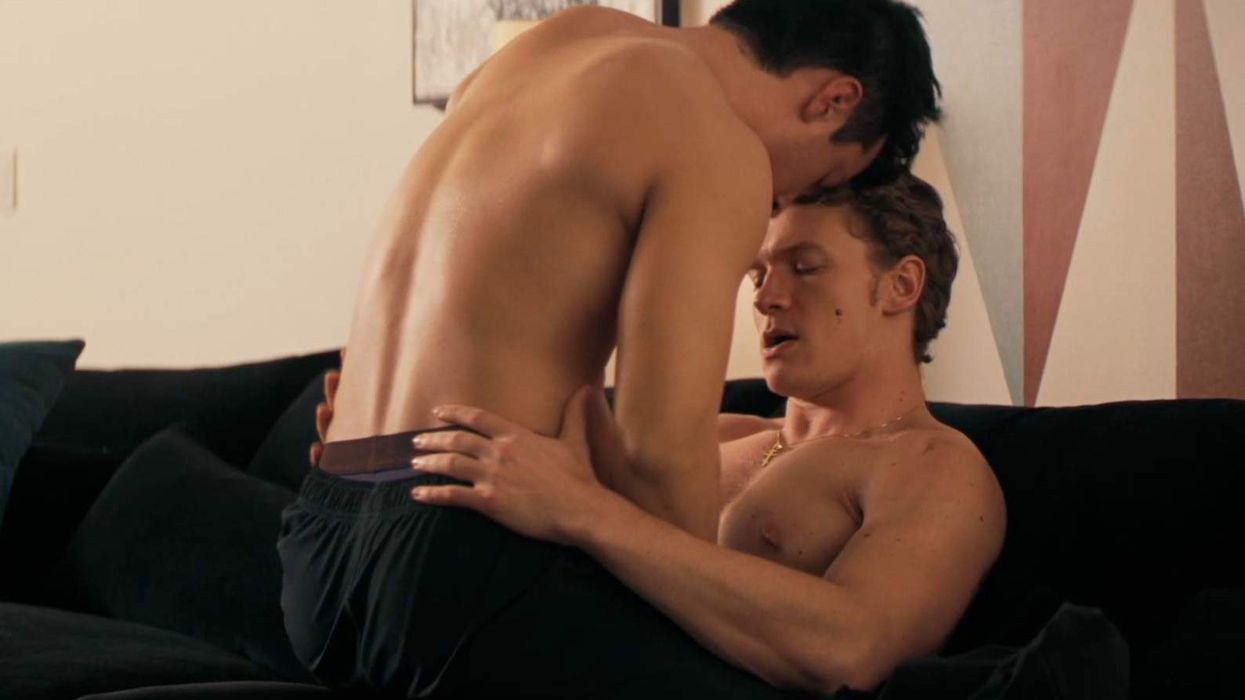
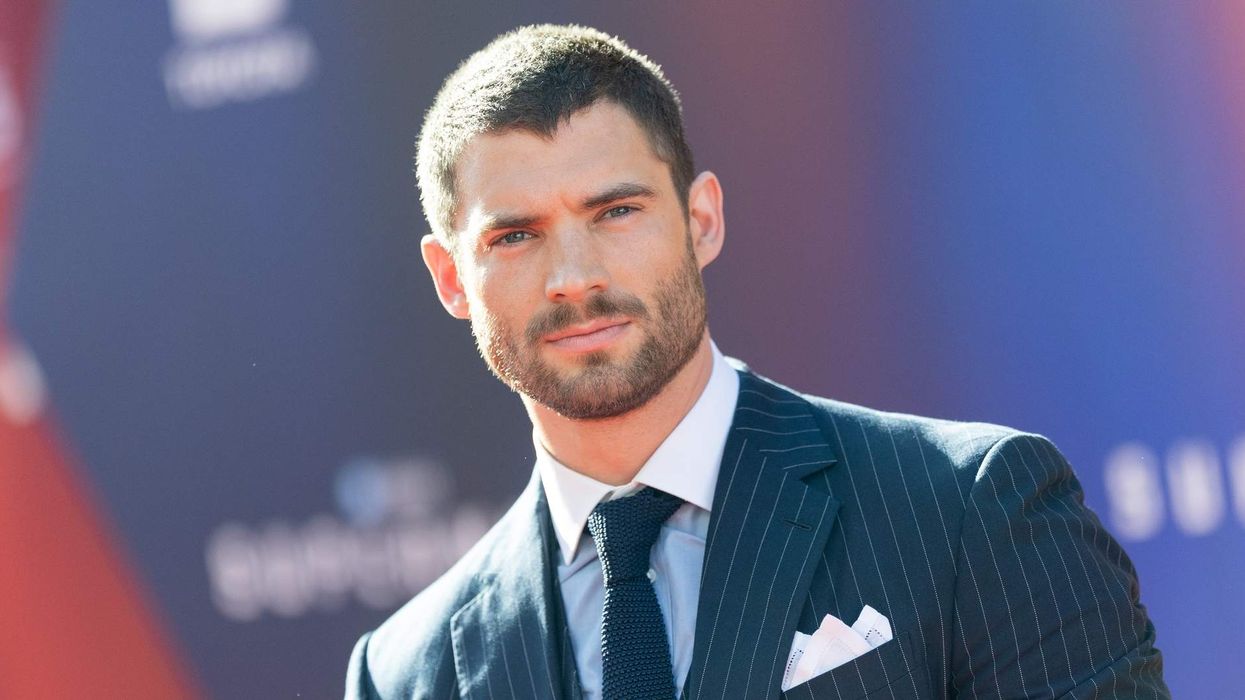
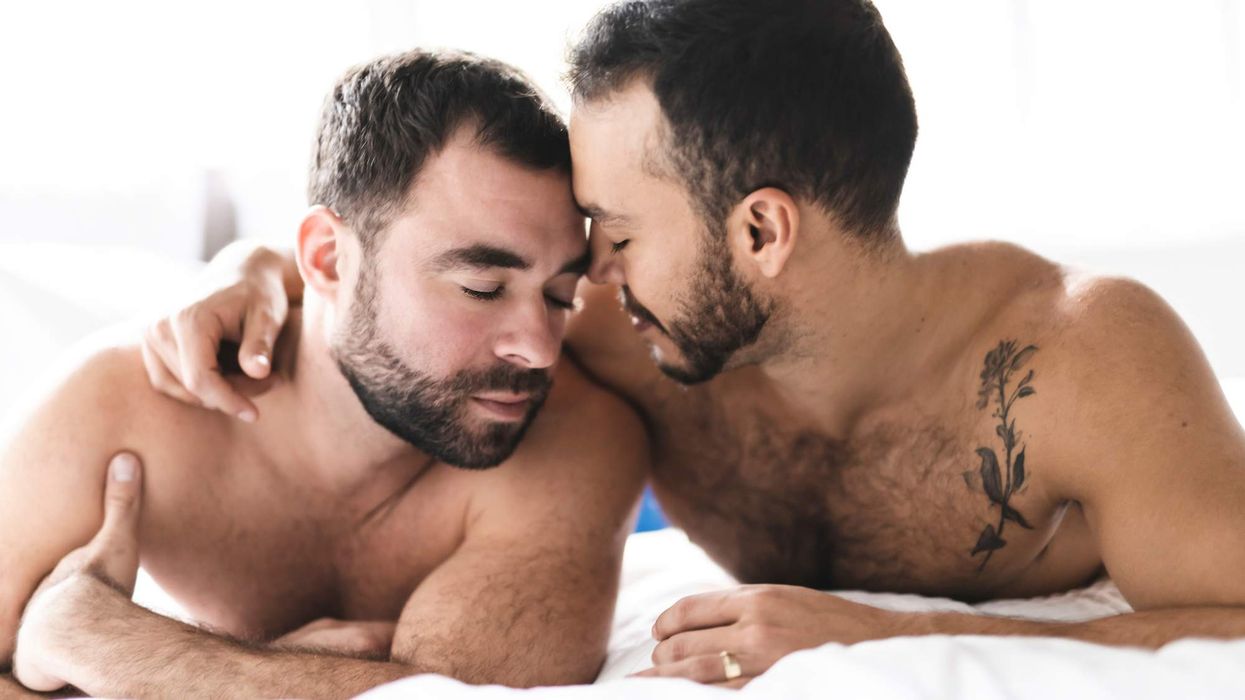

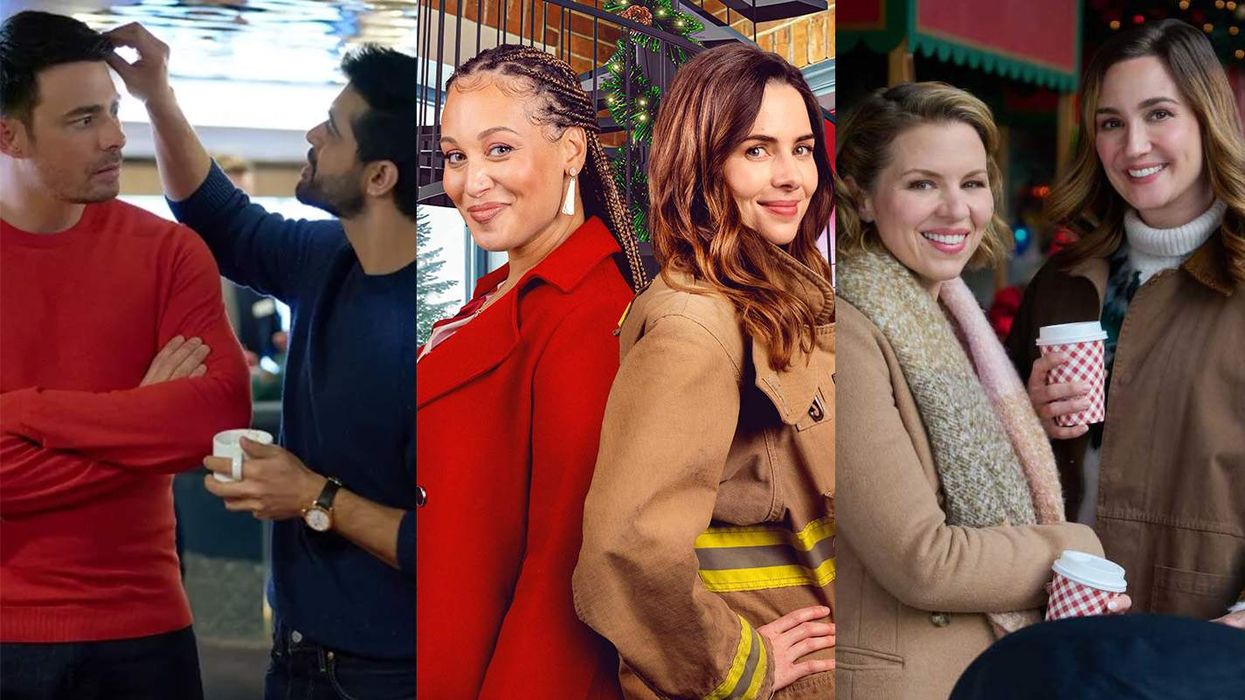
































 Cindy Ord/Getty Images
Cindy Ord/Getty Images























